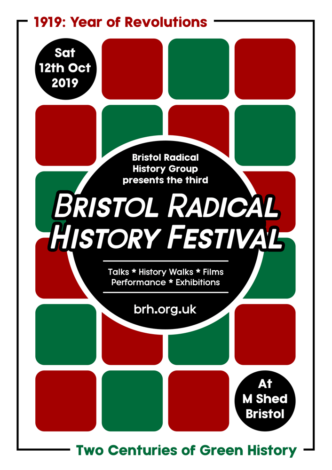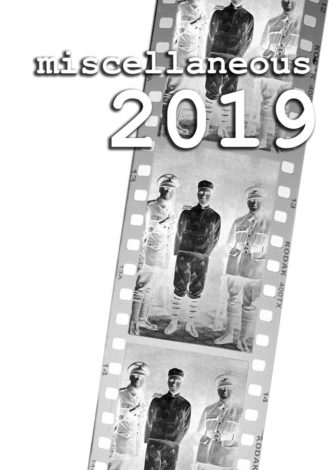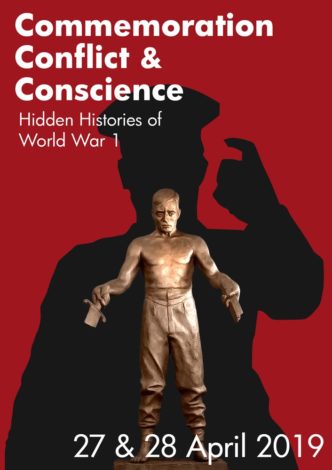Regional Radical Press in Britain 1968-88 exhibition
From the late sixties to the mid-eighties, small, co-operatively produced local and neighbourhood papers played an important role in grassroots radical politics across the British Isles. Some achieved passing prominence with occasional news scoops, but most are unremembered now and their history is overlooked. This project, led by Phil Chamberlain (University of Bath) and Steve Poole (UWE) seeks out those papers, reconnects with the people who produced them, and re-evaluates their impact on […]




